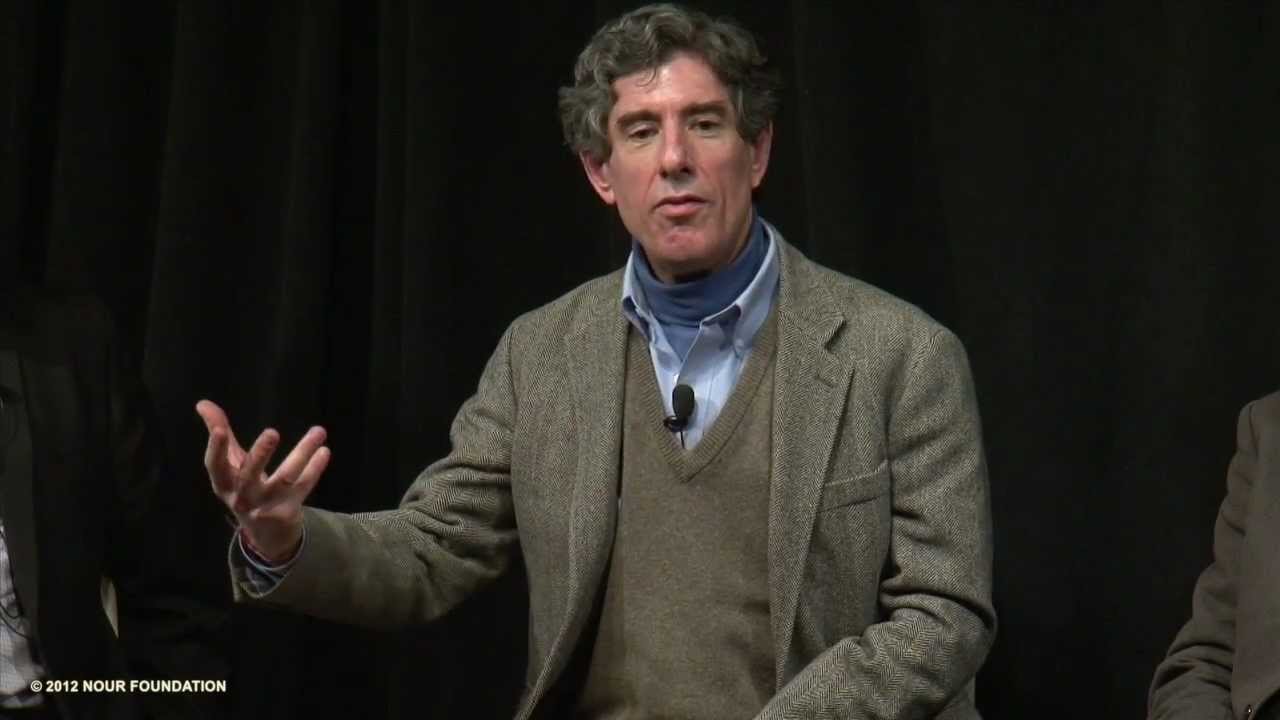Can Mindfulness Boost Your Resilience?
Mindfulness. We’ve seen it grace the cover of ‘Time’ magazine and observed it being discussed in everything from ‘The Financial Times’ to the ‘Wall Street Journal’ to the Davos Convention. Panacea for the world’s ills or the latest fad?
Resilience and mindfulness – the research
Despite the criticism, behind all of the hype there is solid research taking place. But does thinking about your thinking really make you more resilient? Research by Badri Bajaj and Neerja Pande published in the latest Personality and Individual Differences Journal, Volume 88 suggests it may well do. They examined the effects of mindfulness on life satisfaction and resilience. 327 undergraduates completed a series of psychometrics to measure mindfulness (Mindful Attention Awareness Scale or MAAS), resilience (Connor-Davidson Resilience Scale, CD-RISC), life satisfaction (Satisfaction with Life Scale, SWLS) and how the reacted to life events (the Positive and Negative Affect Schedule, PANAS). This comprehensive battery of assessments examined how quickly the students bounced back from negative life events to how mindfully they went about their daily lives, self scoring responses to questions like “I tend to walk quickly to get where I am going” to “I stay focused under pressure.”
Improved coping mechanisms
The results of Baje and Pande’s research were impressive. They found that resilience was elevated in the students who were mindful suggesting that this might be responsible for many of the benefits that we know are related to mindfulness. The researchers state that “Mindful people can better cope with difficult thoughts and emotions without becoming overwhelmed or shutting down”. The results highlighted how the students with a high level of mindfulness were more resilient, reported being more content and ruminated less upon negative events than the less mindful subjects. Baje and Pande concluded that “Pausing and observing the mind may (help us) resist getting drawn into wallowing in a setback”. We know from the work of Carol Dweck and Martin Seligmann that the ability to learn from setbacks and then move on armed with this new learning is one of the key factors in building resilience, optimism and a growth mindset.
Begin your mindfulness journey with our free mindfulness podcasts
The hype (or some of it) might just be true. It seems then that from this study mindfulness may predict resilience and have a substantial effect of subjective wellbeing. If you’re wondering how to develop a mindfulness practice, take a look at some of our free podcasts to start your mindfulness journey.
Hear neuroscientist, Richard Davidson, talk about resilience and mindfulness:
We love to talk about all things mindfulness and resilience at Positive Change Guru. Check out our forthcoming events or get in touch to find out more about our suite of courses and discuss bespoke mindfulness and resilience training for your organisation.
